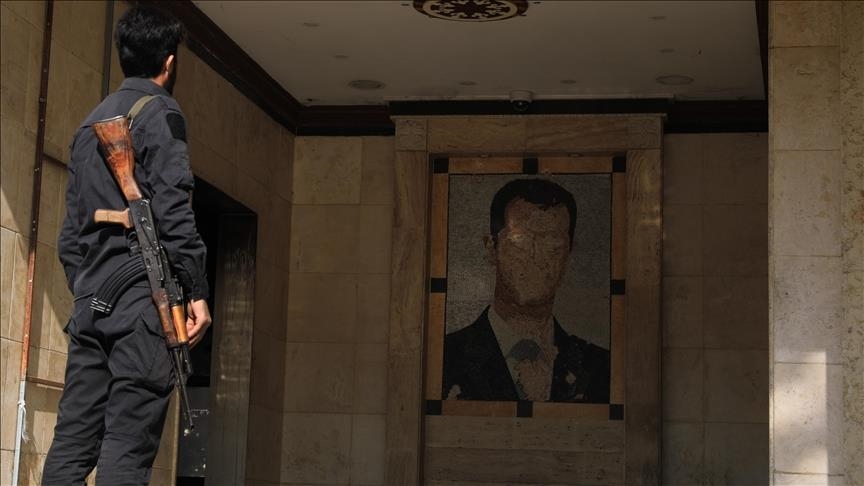

By Anadolu Agency
GENEVA
UN special rapporteur Alice Jill Edwards said ousted Syrian President Bashar Assad should face justice for crimes committed in Syria, identifying the International Criminal Court (ICC) as the most appropriate venue for his trial.
Edwards, the UN special rapporteur on torture, and other cruel, inhuman, or degrading treatment or punishment, told Anadolu that the Assad regime used torture for years to control the population, instill fear, and suppress any legitimate opposition, with many falling victim to these practices.
The Australian lawyer noted that the crimes exposed by recent developments in Syria are in line with documents compiled by the UN special rapporteur on torture since 2011.
“It is time that Assad face justice, and the ICC is the appropriate venue for him,” she said, calling on Syria’s new administration to ratify the ICC statute and other countries to apply to the court regarding the crimes committed by the regime.
Hybrid tribunal for Syria
Edwards emphasized the need for independent and impartial investigations into all international crimes.
“Now, the former government of Assad will and may be responsible for the large majority of those, but other people have also been harmed by other actors. So it will be important that all of the crimes are brought to bear,” she added.
“My preference would be in the case of Syria, that in addition to any referrals to the ICC for the most senior actors, that there is a hybrid or internationalized tribunal that is set up,” Edwards said, explaining that this model helps build national capacity through legislation, training, and oversight.
She proposed establishing a hybrid tribunal for Syria, similar to those in Sierra Leone and Cambodia, combining national and international judicial elements.
‘A wonderful new Syria’
Edwards stressed the importance of international community involvement in supporting democracy and inclusive governance in Syria’s transition.
“I think it is a watershed moment for the Syrians. I think we should be optimistic, but of course, cautious, and make sure that there is a safe process of transition to democratic principles and human rights,” she said.
“Just need to all handle this very carefully, and all try to come to create a wonderful new Syria for the future,” she concluded.
Bashar Assad, Syria’s leader for nearly 25 years, fled to Russia after anti-regime groups took control of the capital Damascus on Dec. 8, ending the Baath Party regime, which had been in power since 1963.
The takeover came after Hayat Tahrir al-Sham (HTS) fighters captured key cities in a lightning offensive that lasted less than two weeks.
We use cookies on our website to give you a better experience, improve performance, and for analytics. For more information, please see our Cookie Policy By clicking “Accept” you agree to our use of cookies.
Read More